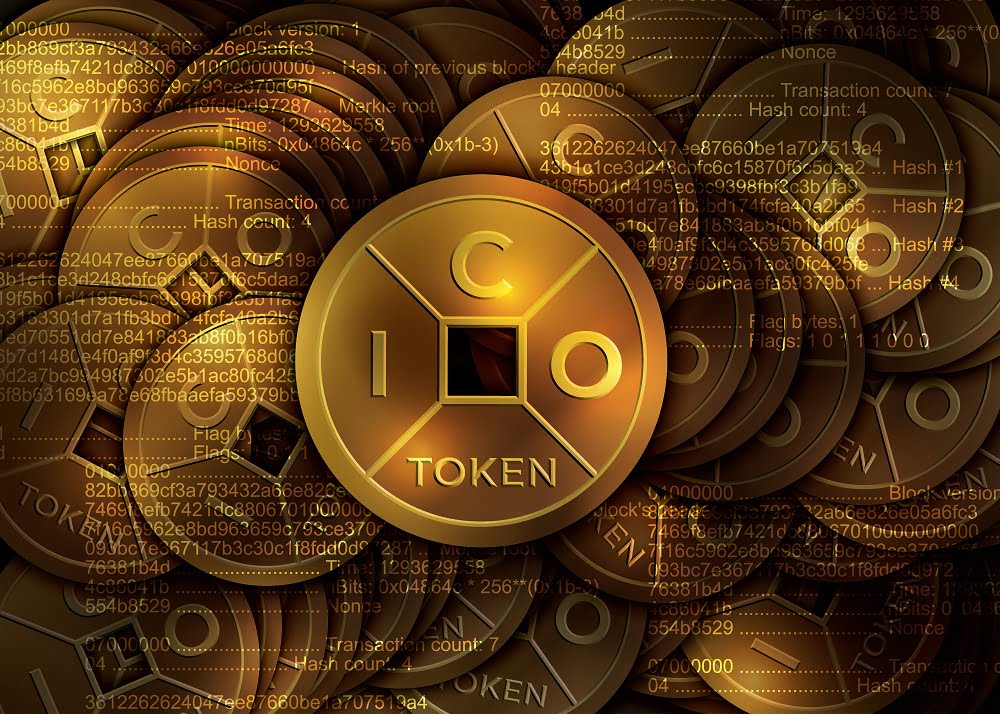Ripple has quickly become one of the more intriguing projects in the world of digital currencies. Although the project is not even remotely similar to cryptocurrency, a lot of people see the value in what the company aims to provide. As such, it was only a matter of time until copycat currencies tried to capitalize on the Ripple name. RippleByte appears to be the first major currency to do so, although it is not exactly something most people will care about.
Is RippleByte a Decentralized Ripple?
Anyone who has paid attention to Ripple and its XRP asset will notice that its infrastructure is unique. There is no mining involved and it is impossible to stake coins, yet the total coin supply is fixed. Over half of the available XRP is locked in escrow contracts for the foreseeable future, which makes this native asset quite interesting to speculators.
Even so, the Ripple ecosystem is fairly centralized. The same can be said for major cryptocurrencies with centralized mining hubs and consensus algorithms relying on miner input. In the case of Ripple, its validator nodes must be approved, which is something some people take offense to. This particular approach seems to be working for the company, though, and the team is in the process of further decentralizing Ripple as a whole.
For those who cannot wait for Ripple to complete its decentralization process, there is now a currency known as RippleByte. This has absolutely nothing to do with the original Ripple project or any of its team members. Instead, it is an ERC20 token trying to capitalize on Ripple’s current market traction. The RippleByte team advertises their token as a decentralized currency for global payment solutions. It seems to copy all of the traits of Ripple in terms of business adoption, even though XRD will never be of any importance to the financial sector.
Under the hood, RippleByte is open source, which is always good to see. However, it seemingly achieves the same goal as Ripple’s XRP without relying on central authorities. With a fair distribution, faster confirmations, and dedicated wallet encryption, there are some things to like about XRD. Assuming, that is, that people actually buy into this upcoming ICO even though they know all too well this currency will be forgotten about in the very near future.
Considering that this project has no active roadmap as of right now, there is no real reason to pay attention to RippleByte. It is clear to everyone what the objective of this project is. There is no relation with Ripple in any official capacity, and anyone who buys into this ICO will probably end up losing money. It is commendable to see people try and make a positive impact on this industry, but copying existing successful projects is never the way to go.
Moreover, the project’s whitepaper is rather amateurish at best. It contains a lot of words which basically leave everything up to “how users perceive and use this currency”. From an investor’s point of view, this is anything but a reason to throw money at this initial coin offering. There are a lot of other currencies that can do the same as RippleByte and which will still be around after people forgot this ICO ever took place. Even so, there will still be people who buy into projects like this one, simply because an ICO is involved.

